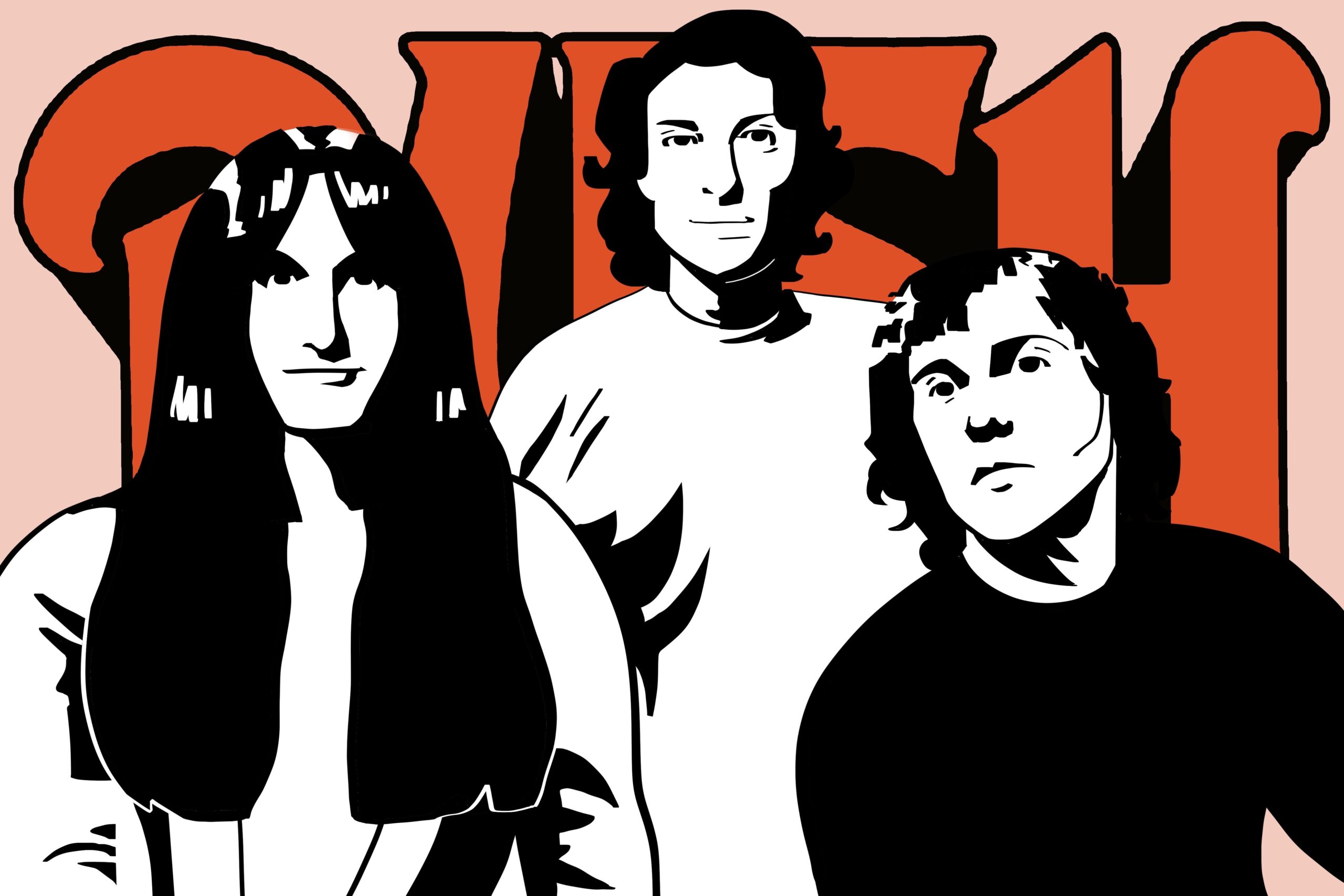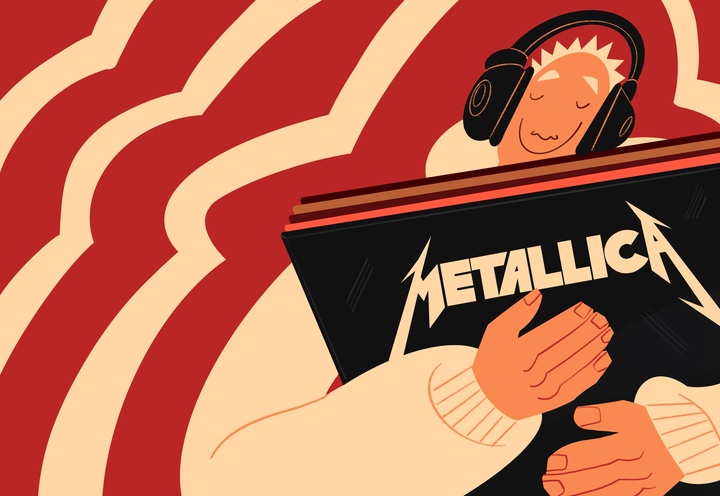You gotta love Rush. The Holy Triumvirate of progressive rock consists of bassist, vocalist, and keyboardist (what can’t he do?) Geddy Lee, guitarist Alex Lifeson, and the late great Neil Peart, your drummer’s favorite drummer. There’s no way to describe the band, their chemistry, and consistently impressive discography other than special. A special blend of impressive musicianship, a melting pot of genres, and, most importantly, Neil Peart’s lyricism. Let’s face it, a heap of Rush’s charm stems from one of the most powerful forces on Earth: the words.
In 1976, Rush released an album, you might have heard of it, called 2112. The band crafted the sci-fi rock opera straight from the depths of Peart’s imagination with notes of his inspirations, such as the writing of Ayn Rand. In the 70s, 20-minute Pink Floydian instrumentals took rock and roll by storm, and Neil Peart was the lyrical hurricane to infiltrate the genre with science-fictional, high-fantasy storybook tales.
The seven-part epic, taking up the entire first side of the record, pushed the boundaries of what it meant to tell a story through song. If standard narrative-based songs are short stories, 2112 is a novel. 2112 transcends the term “album,” it’s an adventure, a lyrical masterpiece, a daring experiment with the musical execution to accompany such a vision.
While Neil Peart’s writer brain led to other storytelling tunes like Red Barchetta and Xanadu, it would be a sin not to highlight the variety of subject matter Peart contributes to the band’s catalog of songs. It’s important to recognize, at least for the 70s and 80s, mainstream rock’s favorite subjects in songwriting: sex, love, drugs, and rock and roll itself. Peart diverted from the mainstream and provided a haven for the kids that didn’t exactly gel with that rebellious lifestyle, much like the band members themselves, who tended to lay low and prioritize their craft over any sort of rock stardom-related vices.
In 1982, for their hit album Signals, Peart wrote songs about social Subdivisions, standing in solidarity with anyone who felt as if they had to “be cool or be cast out.” Social anxiety took the stage in 1984 with The Enemy Within, reflecting on our fears and how they hold us back, posing the question, “is it living, or just existence?” The 80s was an era of fist-pumping, sex-driven, love-makin’ dance crazes. Rush delivered messages to the introverts, worriers and self-proclaimed losers that watched the dance crazes from afar, those yearning for some sort of connection. Pearts’ lyrics are the connection, the vulnerability that admits “I can’t pretend a stranger is a long awaited friend.”
It’s not the 80s anymore, but Neil Peart’s lyrics aged gracefully with time, comparable to that of fine wine. His profound poetry sticks with elder Rush fans to this day, and it’s waiting to connect with the next generation. So what are you waiting for? This is your sign to take a Rush deep dive, find your song, and find the words that speak to you.



